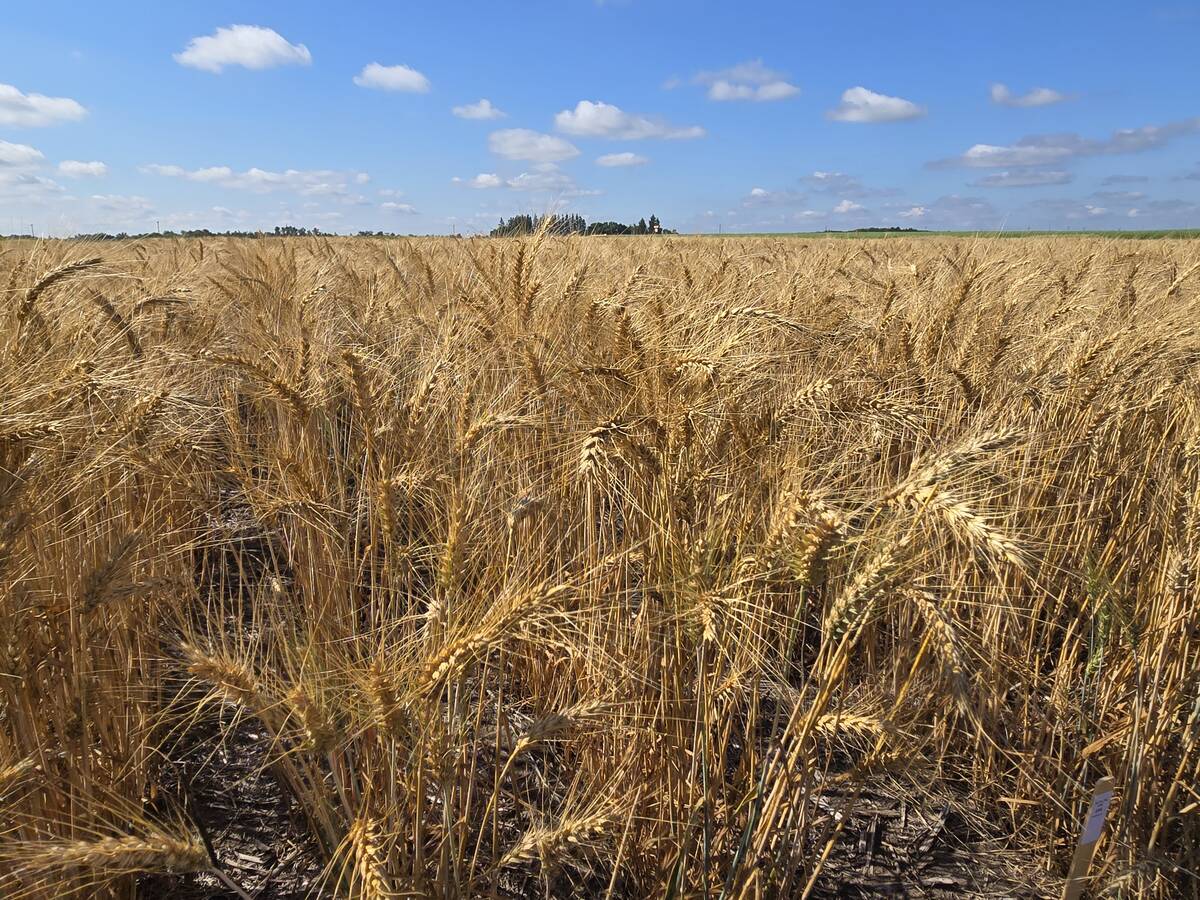A University of Saskatchewan professor says premier Brad Wall’s Saskatchewan Party government can do more to enshrine “sustainable” and “socially just” agricultural practices in policy.
Darrell McLaughlin said “a public presence in agriculture policies” has been dismantled and concentration through the global food supply chain has been increased in the last generation, starting with Allan Blakeney’s New Democrats and Grant Devine’s Progressive Conservatives, through successive NDP governments of the 1990s and 2000s and into Wall’s government, beginning in 2007.
“We suggested it’s a mistake to dismantle the Canadian Wheat Board,” said McLaughlin, co-author of a chapter in New Directions in Saskatchewan Public Policy, which examines public policy in the province.
Read Also

Fall rye hits record high in Manitoba
Winter cereals 2025: More Manitoba fields grew fall rye in 2025 than ever before, but winter wheat slipped and, while spring stand survival was good, drought took its toll
“Without those sort of bodies, the major corporations will just be able to appropriate more and more value from the farm community into the future.”
Increasing concentration through the agricultural pipeline is coming at the expense of local and organic food promotion, he added. This includes increased concentration in the fuel, fertilizer, meat packing and supermarket industries.
“There’s a shift in market power that takes place there as it grows more concentrated,” said McLaughlin, a sociology professor at the U of S’s St. Thomas More College.
“It increases the market power of these few players and decreases the market power of farmers and consumers.”
McLaughlin’s chapter, “When Elephants No Longer Dance: Constructing Sustainable, Socially Agricultural Policies in Saskatchewan,” is one of 10 areas of concern in the book, where the authors, mostly U of S professors, find a need for new direction.
The authors conclude that robust economic times haven’t cured all of Saskatchewan’s ills, focusing on arenas as diverse as urban sprawl and aging population.
“In a time of economic boom, which we’re living in, now would be the time to meet these long-term investments in social infrastructure that we’ve been lacking,” said the book’s editor, David McGrane.
He said the book, which prescribes policy solutions, is the first of its kind to examine the policies of the Wall government.
“What we’ve concluded basically is that Brad Wall’s conservatism isn’t really in your face. It’s not a conservatism that does bold, right wing things,” said McGrane.
Overall, the authors are critical of the Saskatchewan Party government’s policies.
“Their conservatism really is about being exclusively focused on the economy and ignoring making long-term investments in the important social issues that we’ve identified,” said McGrane.
McLaughlin calls for policies that enshrine the values of economic, ecological and social sustainability, ensuring that “cost and benefits get distributed fairly across all the people that have an interest in agriculture and the food system.”
That includes policies that allow for an increase in public responsibility.
“On that point, we see returning to the Land Bank (dismantled by the Devine government) really easing the burden for transfer of land within families and recognizing that every generation shouldn’t have to mortgage itself and pay absorbent fees to banks just to make a living,” he said.














